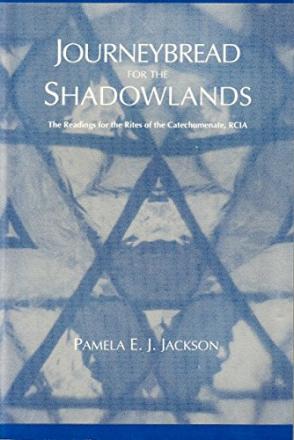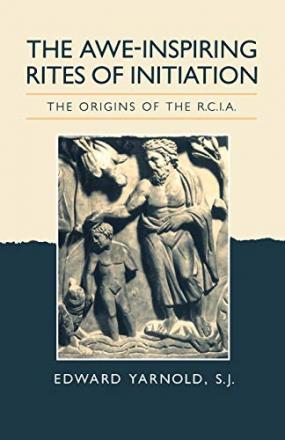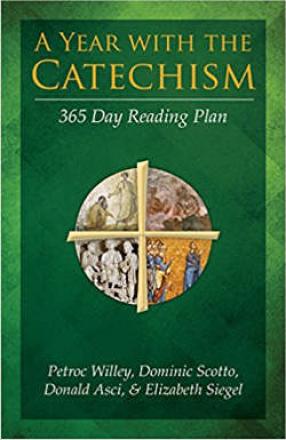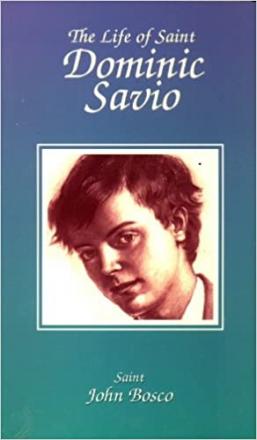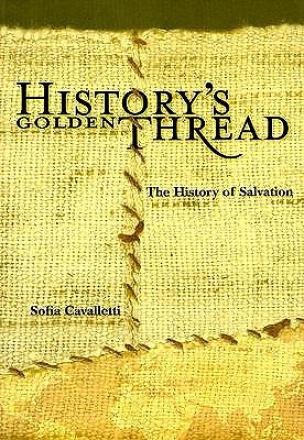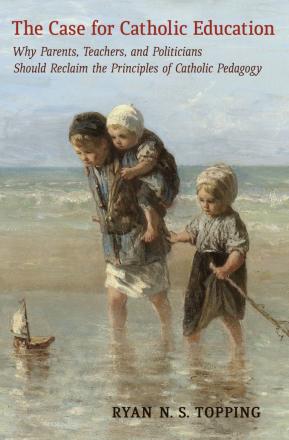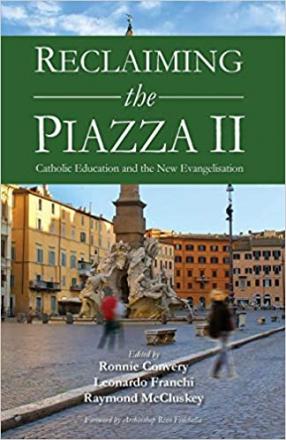Text
Dr. Petroc Willey, Fr. Dominic Scotto,T.O.R., Dr. Donald Asci, Elizabeth Siegel
Click to purchase from Franciscan University Bookstore. [This book] brings the treasures of the Catechism to aspiring readers in manageable, bite-sized pieces. Each day, a brief reflection breaks open the selected text, explains unfamiliar terms, and unlocks the spiritual and pastoral meaning. This collaborative commentary, written by internationally respected experts, makes the Catechism accessible to those seeking to deepen their own faith as well as to those teaching the faith to others. Whether used alone or in a group setting, A Year with the Catechism provides a manageable and enjoyable experience. This practical handbook can be read alongside any version of the Catechism of the Catholic Church. Readers will discover the treasures of the Catholic faith and learn to appreciate the wealth of information and inspiration the Catechism has to offer.
